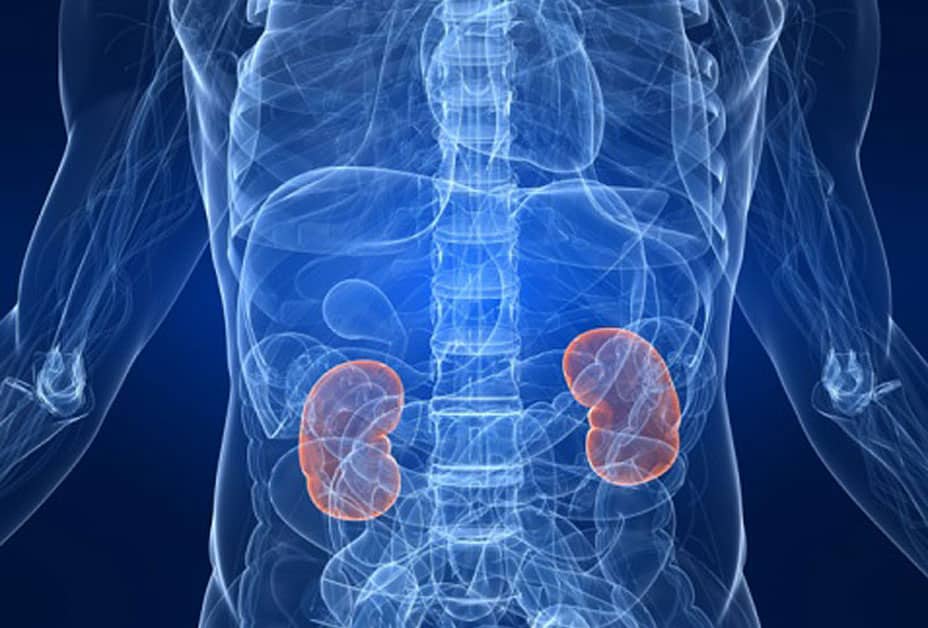Whistleblowers are playing a key role in revealing Medicare kickback schemes disguised as so-called patient assistance programs. In April, five separate pharmaceutical companies paid a total of $247 million for running such programs. This week, a new qui tam suit was unsealed.
Kaiser Health News offers a round up on the case:
The story notes that the Department of Justice declined to join the case. The lawsuit makes many of the same claims outlined in a 2016 New York Times series. Here’s what the Times reports on the new developments:
The lawsuit, filed by David Gonzalez, who worked for 12 years at the kidney fund in its patient assistance program until he left in 2015, accused the charity of creating a so-called blocked list of dialysis clinics whose patients would not get financial assistance while making sure patients at clinics operated by DaVita and Fresenius would…
The lawsuit, filed in 2016, says the charity went to great lengths to ensure no aid was given to patients at clinics that were not donors. Mr. Gonzalez said in his lawsuit that the charity began formally tracking donors in 2009, labeling those clinics that did not contribute as “free riders.”
When the charity was criticized for its use of a “blocked list” of clinics, it changed the name to “training list,” according to the lawsuit. The charity would contact these clinics to request donations in specific amounts, calculated by looking at the payments made to patients at these clinics.
The Bloomberg report on the case quotes a written statement from DaVita, which argues that “health insurers seeking to avoid high-cost patients may” are challenging the assistance… “We, in turn, will continue to defend our patients’ right to access such assistance.”
Tell that to the FBI. From DOJ announcement of one of the April cases:
“…(T)he FBI will aggressively go after pharmaceutical companies that look to bolster their drug prices by paying illegal kickbacks — whether directly or indirectly — to undermine taxpayer funded healthcare programs, including Medicare,” said Joseph R. Bonavolonta, Special Agent in Charge of the FBI Boston Division.
According to the Center for Medicare and Medicaid Services, the agency spent $35.4 billion in 2016 to cover people with ESRD — end stage renal disease. That figure represents more than 7.2 percent of Medicare spending.
Who benefits from these programs? “A majority of independent charity patient assistance programs in this study did not cover uninsured patients and were more likely to cover more expensive medications,” according to a study published this week in the Journal of the American Medical Association.
Resources:
Lown Institute: Copay “charities” more charitable for pharma
